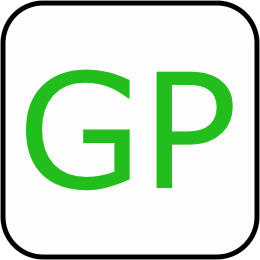GP Workshop 2018
July 25, 2018
Interative Graphics
Demonstrates elements of interactive graphics that can be used to create visualizations.
Physics: Fidget Spinner
Simulates a fidget spinner and graphs its speed as it gradually slows down. This is an example of using the Pen to graph a value that changes over time.
Math: Plotting and Graphing
This tool can be used in lower grades to introduce the Cartesian coordinate system by plotting individual points or in higher grades to graph functions.
Finance: Loan Simulator
How long will it take to pay off my student loans and how much will I end up paying the bank in total interest? How are those numbers affected by increasing or decreasing my monthy payments? These are questions that many students will face all too soon. This fun visualization lets them explore those tradeoffs and discover a fact that could save them thousands of dollars in interest.
Medicine: Epidemics and Vaccination
How quickly can a disease like measles spread if nobody is vaccinated? How does that change if 50%, 70%, or 90% of the population has been vaccinated? How many people might die in an epidemic? These are some questions one can explore using this exciting epidemic simulation.
Computer Science: Sorting Algorithms
This visualization of three sorting algorithms that builds intuition about how the algorithms work. It can also be used to demonstrate why the asymtotic running time (big O notation) matters: as N, the number of items to be sorted, increases one of the three algorithms becomes noticably faster because its running time is proportional to N log N while the other two have running times proportional to N^2.
Biology: Ecosystem Simulation
This project simulates an ecosystem showing the shifting balance between grass that grows at a fixed rate and rabbits that eat the grass.
Acoustics: Sound Viewer
This project lets you view sound from the microphone as either a real-time signal or a frequency graph.
